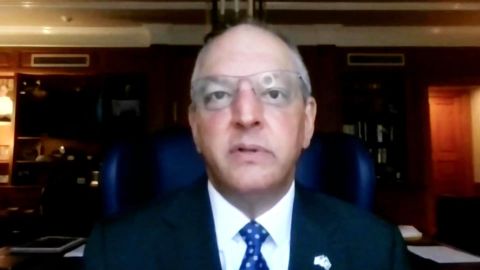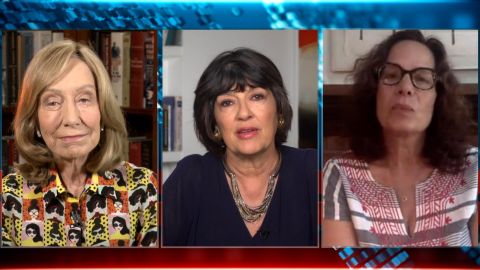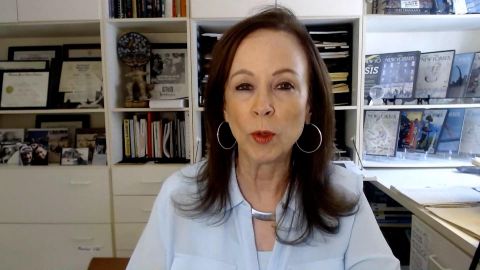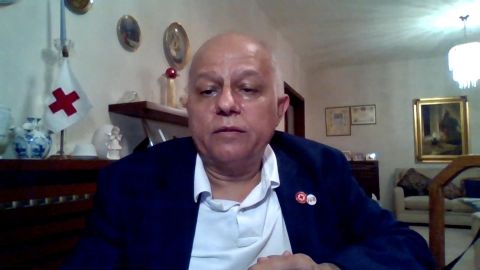Read Transcript EXPAND
DORIS KEARNS GOODWIN, PRESIDENTIAL HISTORIAN: But what’s so exciting about the new history that’s opening up, not only from Julia but I think from women, you know, first ladies used to bementioned in the 19th century just as Mrs. Harrison or Mrs. Pierce, they weren’t even mentioned by their full name. And now, with all women writing about first ladies, writing about women’s history. We’re getting — I’m an old person right now and I’m thrilled at the idea this new kind of literature is coming out. It needs documents though. And I think that is why the finding of these secret tapes allows Lady Bird’s voice through Julie to be exhibited. I mean, I heard that voice. I knew the voice. I did not know the extent to which she was involved in all these decisions that I know now. So, I’m very thrilled to be part of an older person, looking at younger people getting in this field and doing what we need to do all along. History comes from the ground up. It’s not just first ladies. I think what women’s involvement in history has brough is the citizen involvement in history as well. So, it is exciting time to be an historian and watching all this stuff that’s going on. I commend Julia. There as new book written on Nancy Reagan by Karen Tumulty. The same thing. She’s come out as a figure in her own right because of the documents that are there. So, it is great.
CHRISTIANE AMANPOUR: I’m going to delve a little more into who actually records history with you, Doris. But I want to turn quickly, obviously, about LBJ and Lady Bird to Julia. So, we’ve talked a little bit about her civil rights train and what she and her husband obviously believe so much in. Remind us though, she wrote a nine-page memo, that you touched on, describing why he should run in, I think it was ’64, and why he would not run again, you know, four years later. And it was an extraordinary prescient memo as a senior advisor. In fact, some of the press used to call her madam vice president, kind of, when there wasn’t actually the vice presidency slot field at the beginning of the Johnson presidency.
JULIA SWEIG, AUTHOR, “LADY BIRD JOHNSON: HIDING IN PLAIN SIGHT”: Correct. 1964 is a critical year. There was no vice president until, of course, the inauguration in January of 1965 when Humphrey was on the ticket. In early 1964, just five months into their time in the White House, Lyndon Johnson is looking around and he’s got civil rights stuck in the Senate. He’s got escalation in Vietnam and the pressure from Kennedy’s war council whom he kept on board to escalate. Robert McNamara, the secretary of defense, has gone to Vietnam five times already since the beginning of the year and he’s coming back to Washington. And LBJ knows,and Lady Bird understands too, that Vietnam might well derail their very ambitious domestic agenda.
About This Episode EXPAND
Georges Kettaneh; Robin Wright; Doris Kearns Goodwin; Julia Sweig; John Bel Edwards
LEARN MORE



